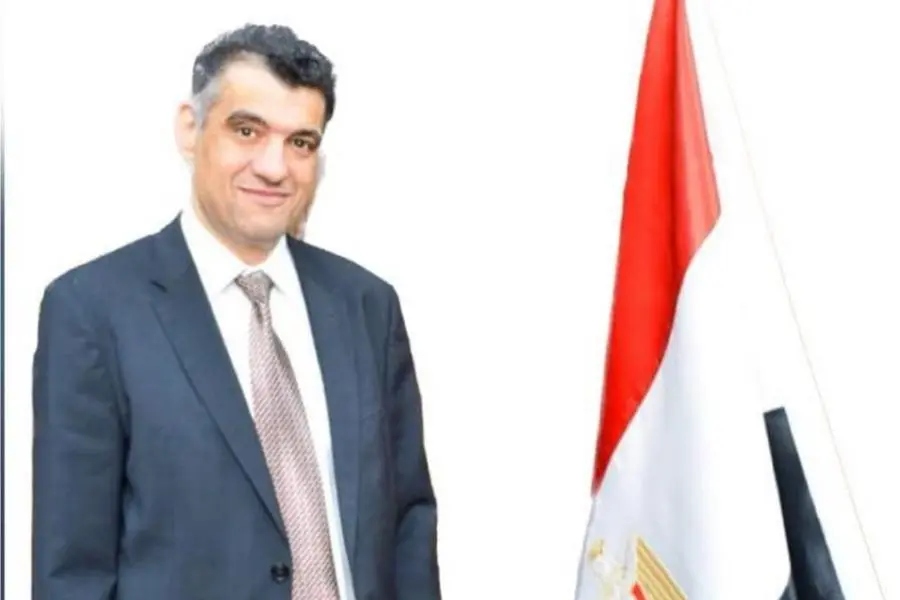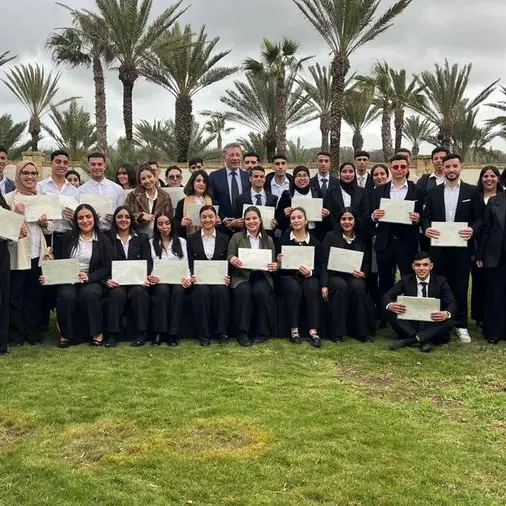PHOTO
Cairo, Egypt – Astellas Pharma today announced the introduction of a new innovative monotherapy for the treatment of adult patients with relapsed or refractory (resistant to treatment) acute myeloid leukemia (AML) with an FLT3 mutation (FLT3mut+)1. This therapy has the potential to improve treatment outcomes for AML patients with two forms of the most common mutations1.
AML is a type of cancer that impacts the blood and bone marrow, and its incidence increases with age. It is one of the most common types of leukemia in adults2. Every year, it is estimated that more than 5,200 people in Egypt are diagnosed with leukemia3.
AML has been associated with various genetic mutations, the most common of which is FLT3, impacting approximately 37 percent of all AML patients. The FLT3 mutation is associated with worsened disease free survival, overall survival and treatment resistance4-8.
Nilay Tarr, General Manager, Astellas Egypt said: “Astellas is committed to supporting the Egyptian patients living with hard-to-treat cancers, particularly those with advanced disease who often have urgent unmet needs. Our goals in oncology are underpinned by passionate determination, bold thinking and a legacy of scientific innovation. It’s not easy tackling diseases like AML, but we are focused on delivering real solutions for the people who need it the most.”
“AML is a rare cancer and the an FLT3 mutation is a particularly aggressive form of the disease with a higher risk of relapse and poor survival outcomes. Patients suffering with this disease ofen have to be hospitalized to undergo intensive chemotherapy,” said Dr Raafat Abdelfatah, Professor of Oncology and Hematology at the National Cancer Institute, Cairo University, “With this new targeted therapy, we now have a new treatment option to help patients whose disease is either resistant to the initial treatment, or who have relapsed."
"This new treatment is a leap forward, offering patients more time, more options, and a chance as a better quality of life. AML has been a ruthless adversary that is complex to treat and if patients don’t respond or relapse, it can progress quickly,” said Professor Mohamed Abdelmooti Mohamed Samra, Professor of Oncology and Hematology at the National Cancer Institute, Cairo University, “With the availability of more effective therapies, we can offer patients access to the best possible care."




















